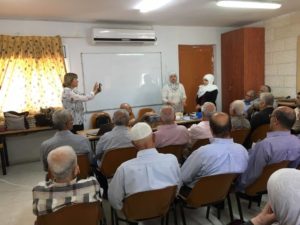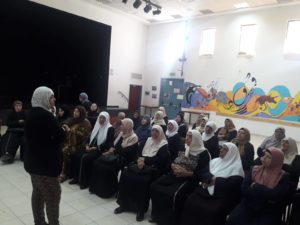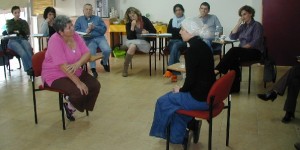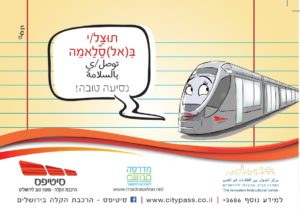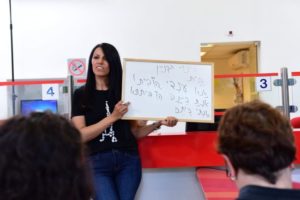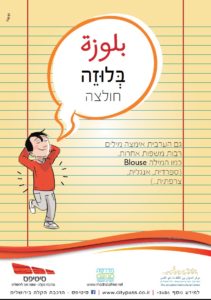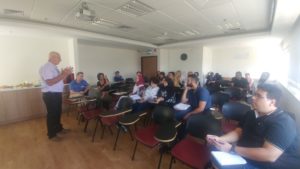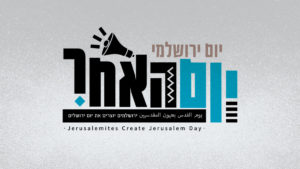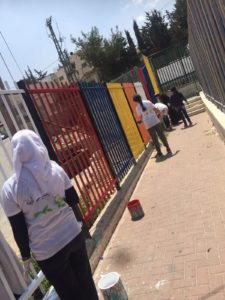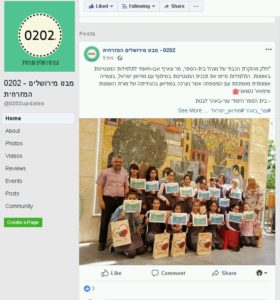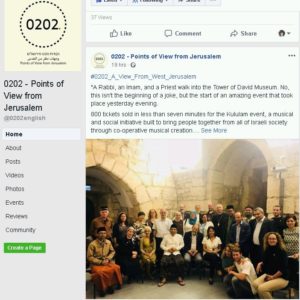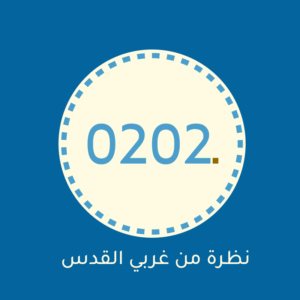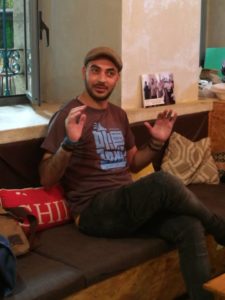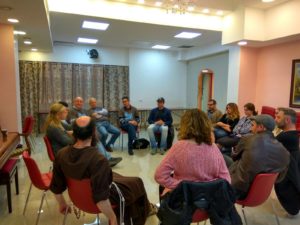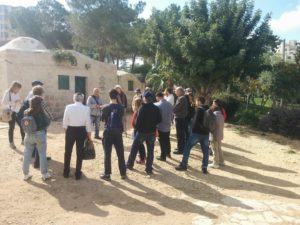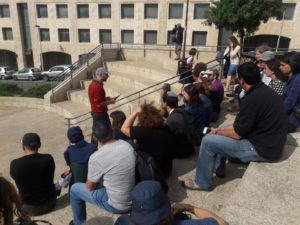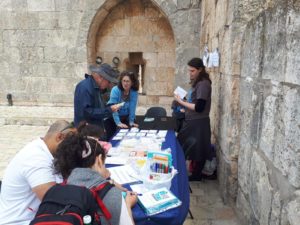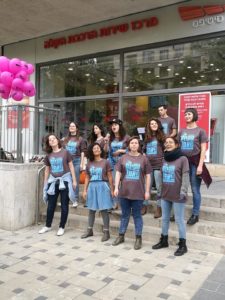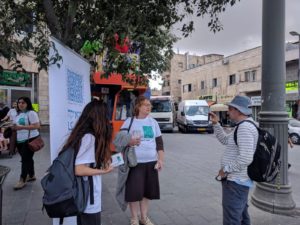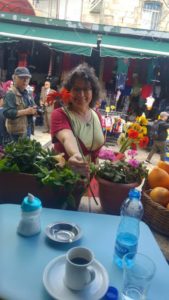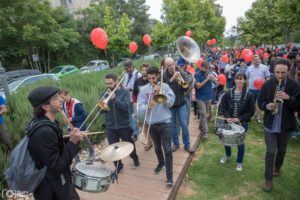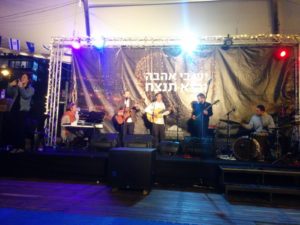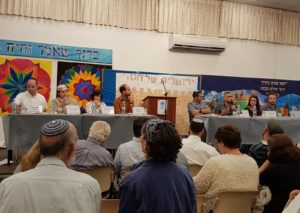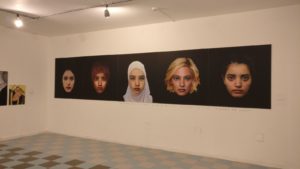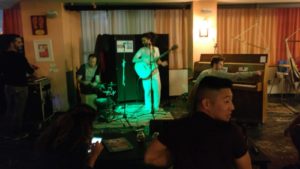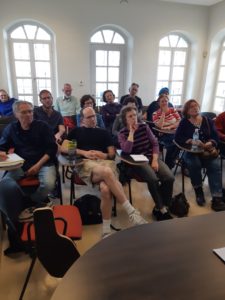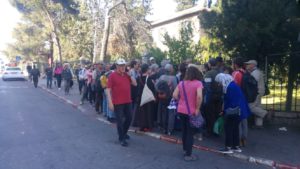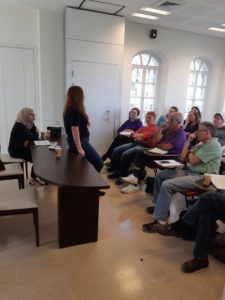Living Safer, Living Longer in the Palestinian Community
This past month, our Living Safer, Living Longer program, which empowers residents to take control of preventive health and safety in their homes, became fully operational in all sectors of Jerusalem society. We discussed here about the development of the project, and here about the Haredi and general Jewish sectors. Now, the project has begun in earnest in the Palestinian sector as well.
Here are some pictures of the program in action, where program participants are presenting the principles of the program to seniors clubs throughout East Jerusalem.
So what did our MiniActive volunteers think of the Living Safer Living Longer course itself? Here are some of the things they said:
“I learned a lot of things I didn’t know before.”
“I saw I needed to do a lot of things in my own home [and now it’s much safer].”
“The program’s gotten under my skin, and I talk about it everywhere I go.”
“I try and convince a lot of people I meet to make their homes safer, and I even go with them to buy safety aides and help them install them in their homes.”
“The meeting with the firefighter saved me from a large fire in my own home. A fire broke out while I was frying food and I knew what to do and acted in a cool headed manner.”
Here are some more pictures from a home safety lecture:

